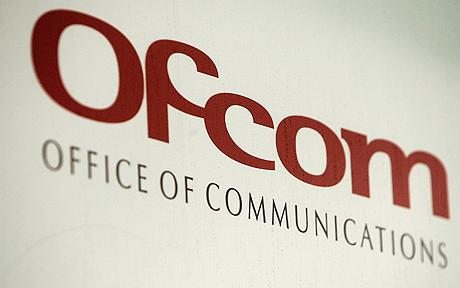Biggest File-Sharing “Pirates” Spend More On Content Than “Normal” People
Ryan Martin / 12 years ago

Copyright hysteria has taken over most of the big corporate entertainment industry. They are constantly searching for new ways to prevent piracy, enforce stricter content control and DRM management on their products. This includes methods like ISP blocks of “pirate” websites, always-on DRM for the gaming industry and legal cases against prolific illegal downloaders (mainly in the USA).
A recent study looks set to put all these ideas to shame. According to a new study, so called “pirates”, or people who regularly download illegal content, actually spend 300% (3X) more of there own money on purchasing content then “normal” people do, that is people who aren’t involved in illegal downloading.
The study was conducted in the UK by the UK telecommunications regulator Ofcom and they found out other interesting things too. For instance the top 20% of illegal downloaders the UK’s population conduct 88% of all piracy, while the top 10% conduct 80%. However, the top 20% of illegal downloaders also purchase 11% of all legal content downloads – which is more than the average UK downloader does.
Ofcom split the illegal downloaders into four categories: justifying infringers, digital transgressors, free infringers and ambiguous infringers.
Justifying infringers operate a “try before you buy” style behaviour, and feel like they have already spent enough on legal content – they account for 9% of illegal downloaders and 24% of infringements. Digital transgressors account for 9% of illegal downloaders and 22% of infringements, they consume mainly films and TV shows, show little remorse for their actions, purchase little legal content and are scared of being caught. Free infringers, the largest group making up 42% of illegal downloaders and 35% of infringements, freely download and upload illegal data without much care for their actions. Finally ambiguous infringers make up 39% of illegal downloaders and 20% of infringements, they have the highest proportion of paid and legal content and the lowest levels of (illegal) digital consumption.
So these are certainly some interesting results. While they do suggest that a lot of pirates do just download illegally in excessive amounts “because they can” they also show that an equal number so called pirates actually spend a lot of their money on buying legal content. “Try before you buy” may be illegal, but the latest study shows it boosts sales for the entertainment industry.
What are your thoughts on these revelations by Ofcom?



















